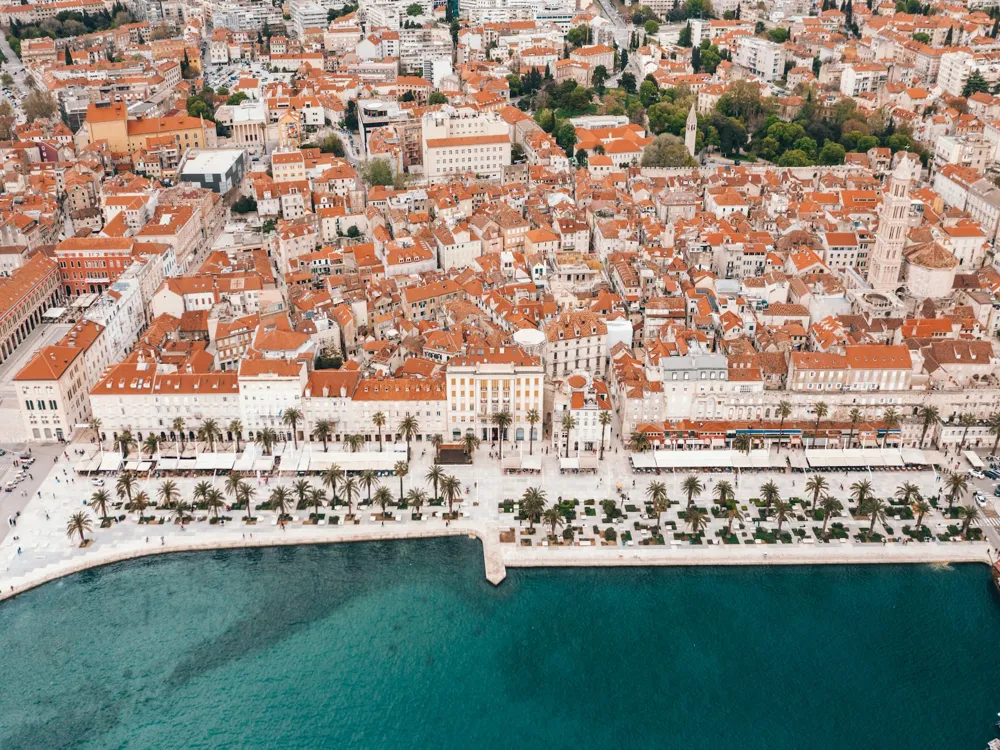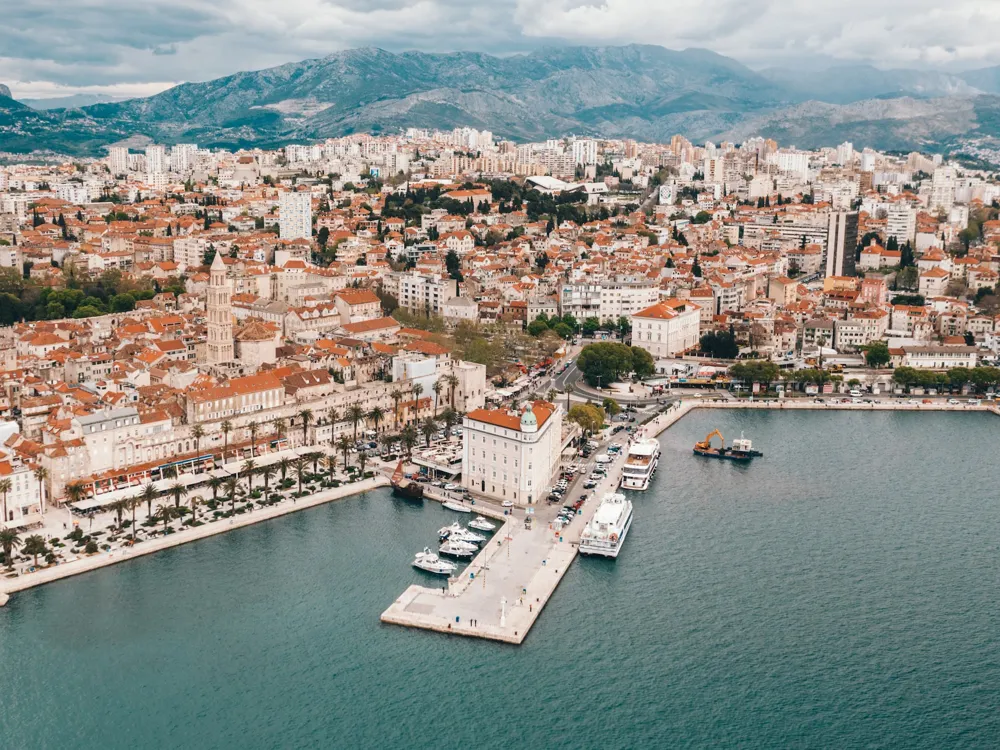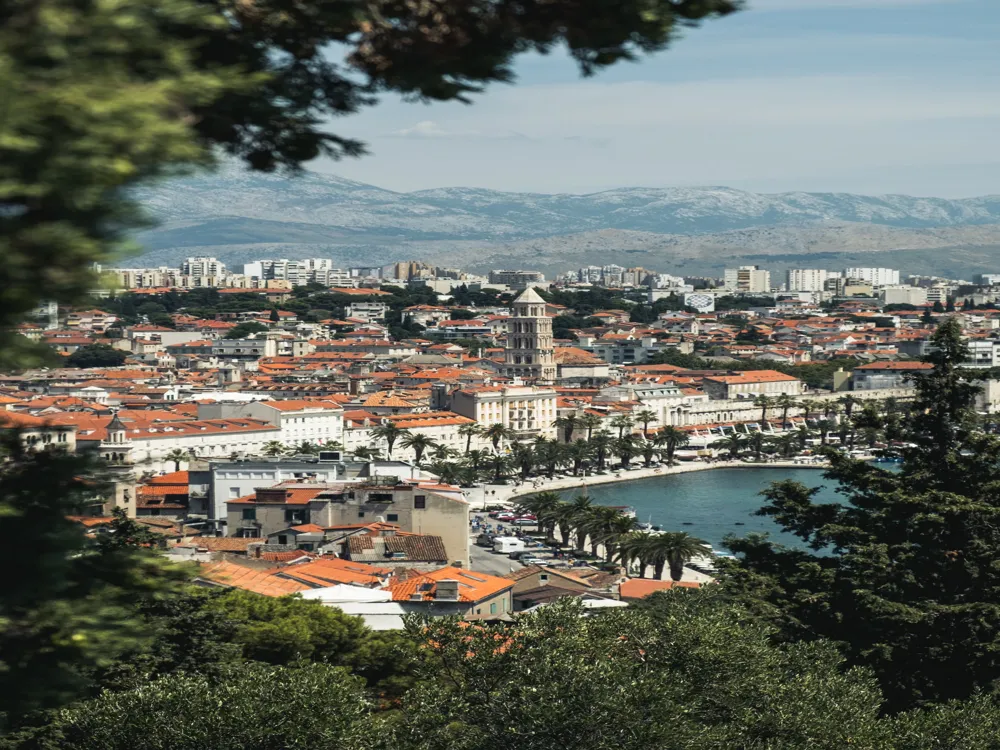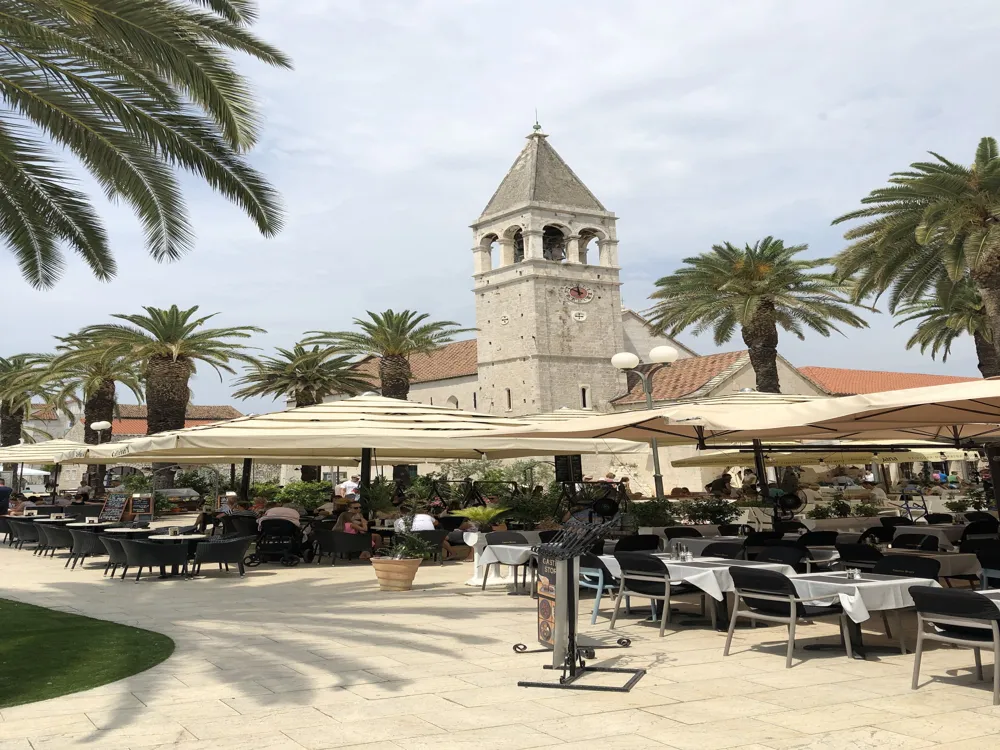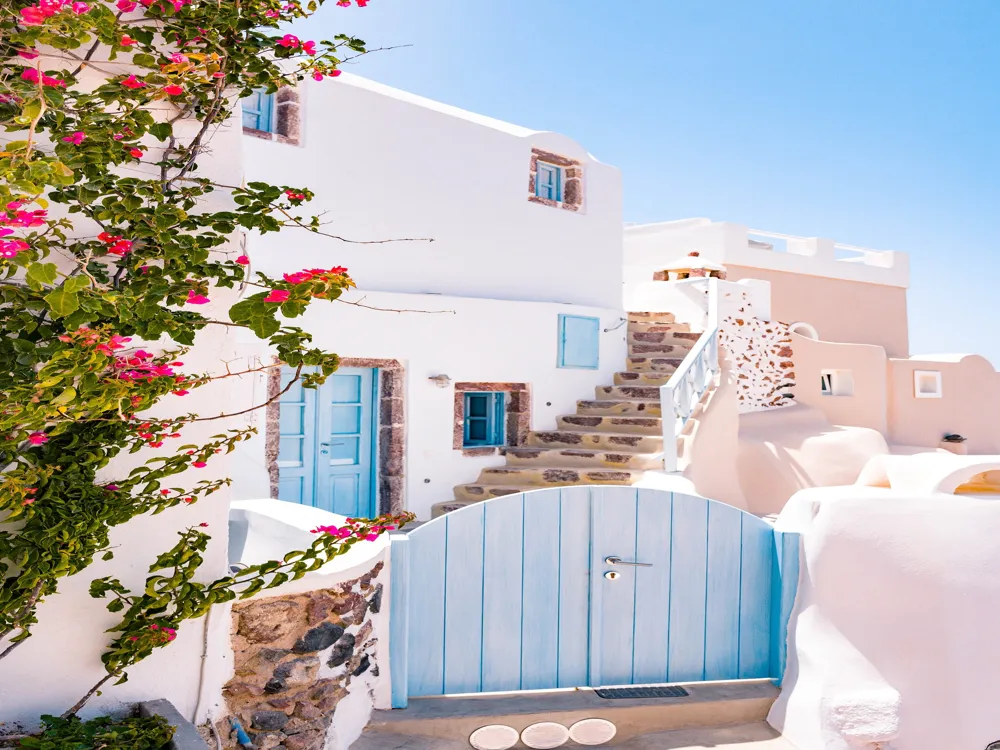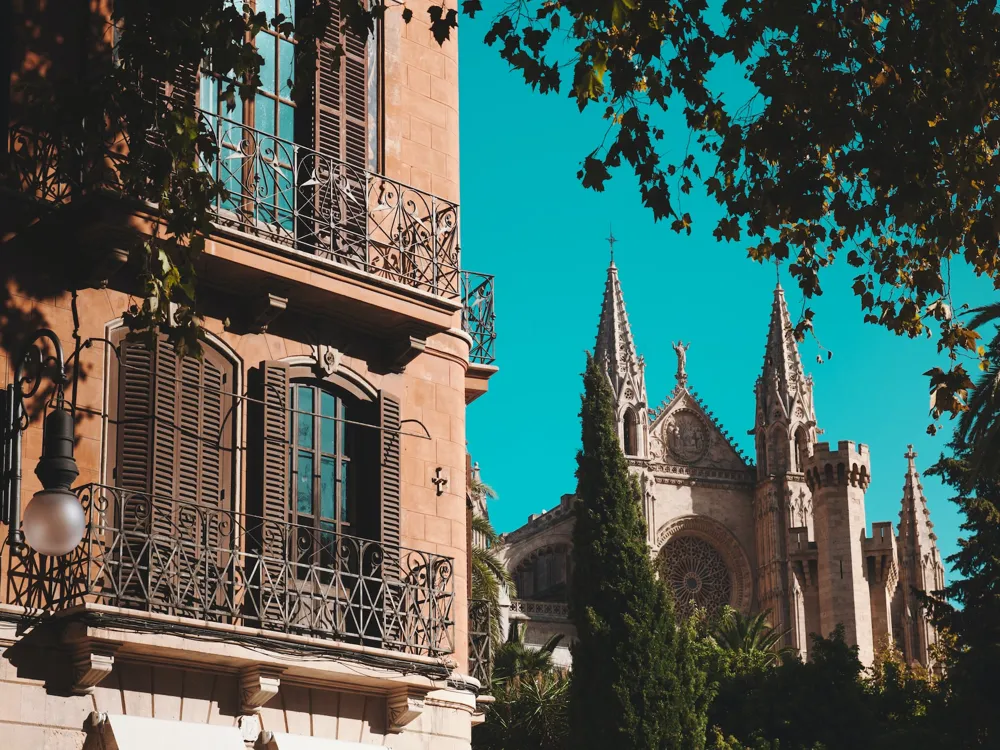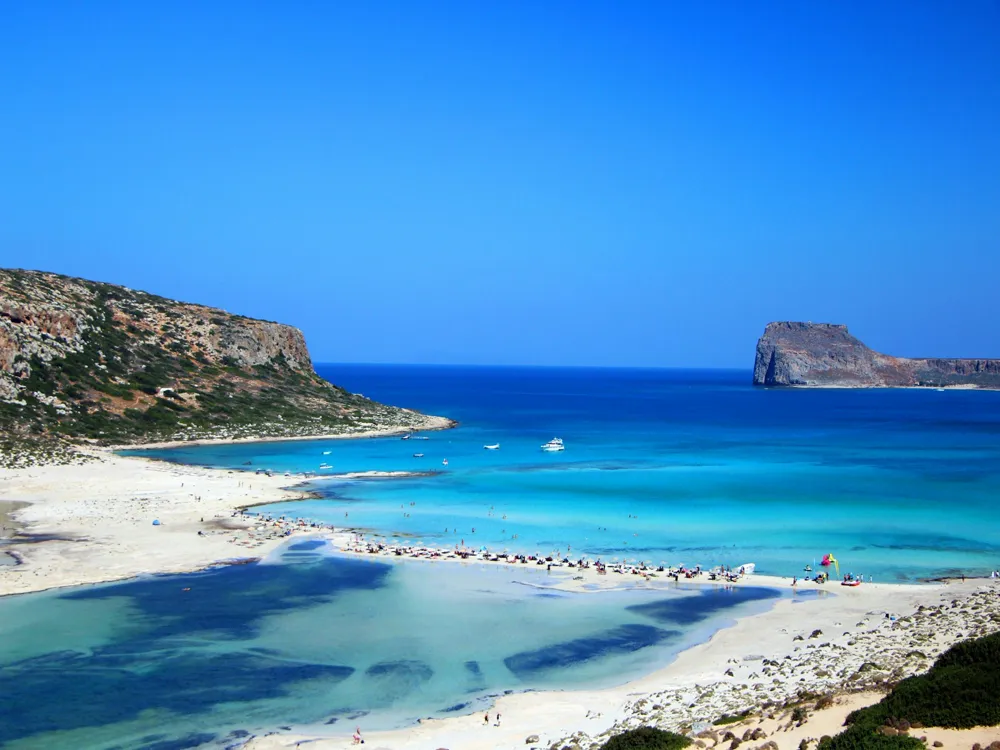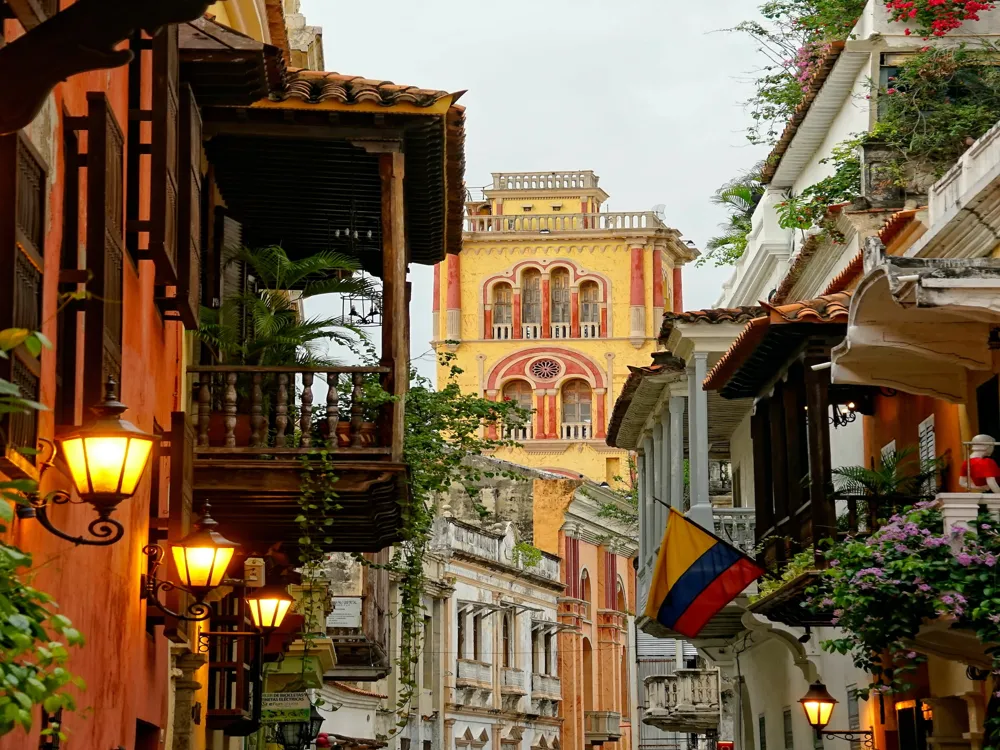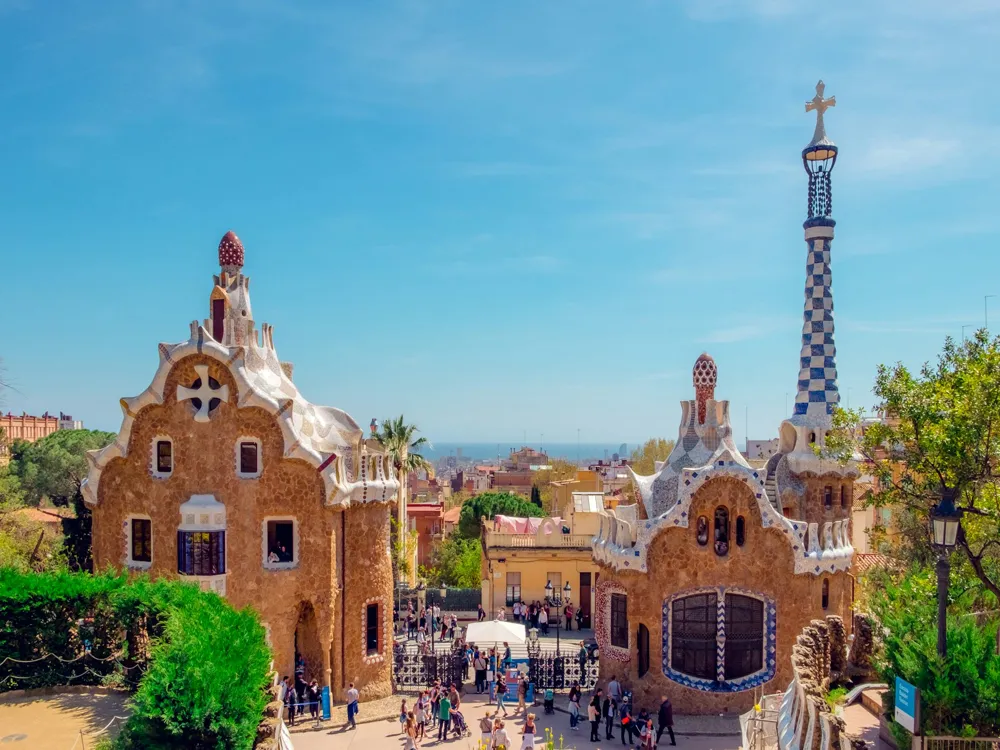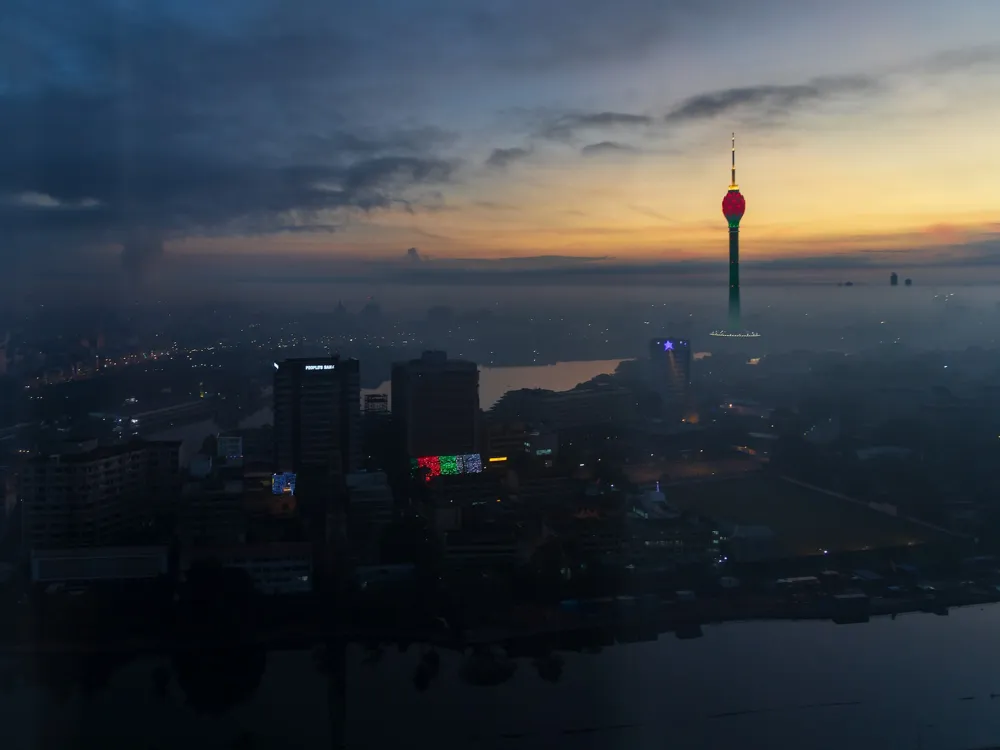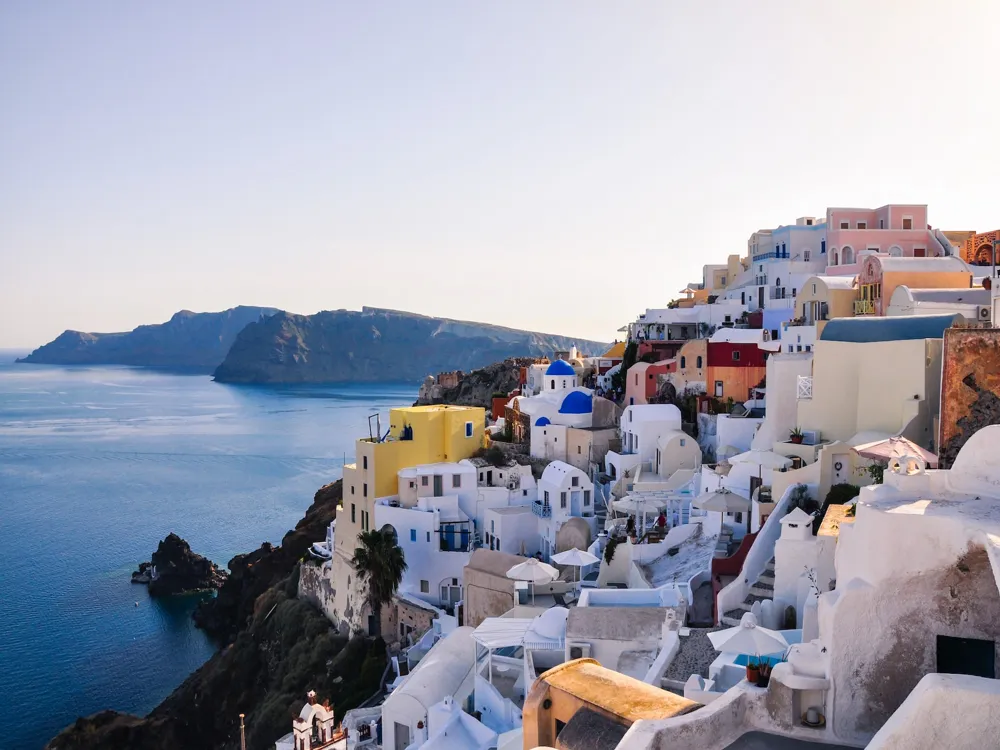Best Time to Visit Split
Croatia
7 out of 22 Places to visit in Croatia₹ 96,000 onwards View Packages
Get Customized PackagesThe Land of Diversity
Top Hotel Collections

Private Pool

Luxury Hotels

5-Star Hotels

Pet Friendly
What is the Best Time to Visit Split?
Split, Croatia's vibrant coastal city, offers a rich tapestry of history, culture, and stunning landscapes. Determining the ideal time to explore this picturesque destination involves understanding its diverse seasons and the unique experiences they offer.
More about Best Time to Travel to Split
Travel Peak Season in Split
The peak season in Split typically spans from June to August. During these months, the city buzzes with life, boasting sunny days and warm temperatures perfect for beach outings, exploring Diocletian's Palace, and indulging in cultural events and festivals.
Travel Offseason in Split
The offseason in Split falls between November and March. Although the weather might be cooler and some attractions may have reduced hours, this quieter period allows for a more intimate exploration of historical sites without the crowds.
Split Travel Packages
View All Packages For Split
Split in Shoulder Season
The shoulder seasons, April to May and September to October, offer mild weather and fewer tourists. Spring brings blossoming flowers, while autumn paints the city with golden hues, making these times perfect for sightseeing and enjoying the pleasant climate.
Split in Hot Season
Split experiences a hot season from June to August. The temperatures soar, making it perfect for beach activities and seafront promenade strolls. Visitors can also savor Mediterranean cuisine at outdoor cafes and enjoy vibrant nightlife.
Split in Rainy Season
The rainy season in Split, primarily October and November, experiences occasional showers. While rain may limit outdoor excursions, it adds a refreshing touch to the surroundings and creates a unique ambiance for exploring indoor attractions.
Split in Cool Season
The cool season, from December to February, encounters cooler temperatures. Although it might not be ideal for swimming, this time allows for exploring historical landmarks, savoring local delicacies, and experiencing the city's authentic charm.
Places To Visit In Split
View All Places To Visit In SplitNearby Places Split
Split Photos
View All Photos For SplitBrowse Package Collections
Browse Hotel Collections
Faq
Q: What is the ideal time to visit Split to experience the perfect blend of weather and crowd levels?
A: The best time to visit Split for a balanced mix of pleasant weather and manageable crowds is during the shoulder seasons of late spring (May to June) and early fall (September to October). During these months, you can enjoy comfortable temperatures and explore the city without the peak summer crowds.
Q: Are there specific events or festivals that make certain times of the year more attractive for a visit to Split?
A: Yes, the summer months, particularly July and August, host numerous cultural events, music festivals, and open-air concerts in Split. If you're a fan of lively atmospheres and cultural experiences, this could be the best time for you. However, be prepared for higher temperatures and larger crowds during this period.
Q: How does the weather influence the best time to visit Split?
A: Split experiences a Mediterranean climate. The summer months (June to August) are hot and dry, making it ideal for beachgoers. If you prefer milder temperatures and want to explore the city comfortably, the shoulder seasons of spring and early fall are recommended. Winter (December to February) is cooler and less crowded but may not be suitable for beach activities.
Q: What are the advantages of visiting Split during the offseason?
A: Offseason, which typically includes late fall and winter, offers a more relaxed atmosphere with fewer tourists. You can enjoy lower accommodation prices, and attractions are less crowded. However, keep in mind that some beach-oriented activities may be limited during this time.
Q: Are there any specific considerations for planning a visit to Split during peak summer months?
A: While the summer months offer vibrant energy and numerous events, it's essential to be prepared for higher accommodation costs and crowded attractions. Booking accommodations and activities in advance is advisable during this period to ensure availability.

